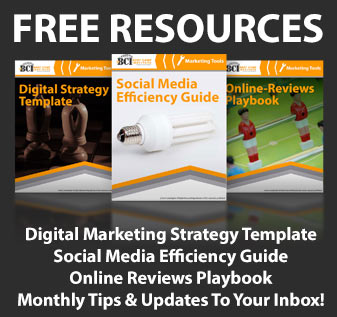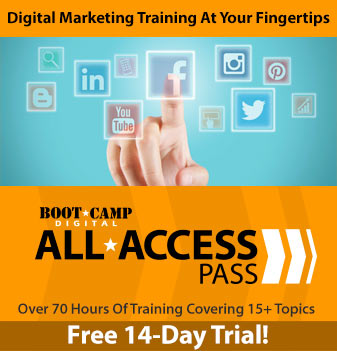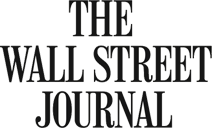I have been giving keynote presentations for a few years now, and I’ve learned that preparation is one of the most important things to being successful at the presentation. Being prepared doesn’t just mean having the presentation complete and showing up on time, it means creating a presentation that WOWS the audience.
When I started speaking years ago I often found it difficult to customize my presentations because I didn’t know enough about the audience that I was speaking to. Some meeting planners don’t provide all of the information upfront, so it is important to ASK for the information that you need to be successful in your presentation.
I wanted to share with you the information that I request from meeting planners to make sure that I can be successful when I speak.
1) Start time and end time
2) The conditions of the room (stage setup, mic, etc)
3) Number of attendees for any handouts
4) What is scheduled before and after my presentation
5) Who is in the audience?
6) How advanced are they in social media?
7) What social media sites do they use?
8) What are the session objectives?
9) What is the typical job description of the audience?
10) What do you hope that they leave with?
11) Will there be time for a Q&A at the end?
12) Any other information on the audience is helpful for customizing my presentation.
13) What other similar topics are on the agenda?
14) Is there a hard-stop time?
15) Would you like to record my presentation?
16) Would you like a copy of the presentation in advance?
17) Would you like to share my presentation with the audience (I only allow hard-copy distribution without a prior agreement)
18) Would you like me to do a book signing at the event?
19) Are there any sponsors of the session you would like me to thank?
20) Is there anything else that I should be aware of?
We actually have an entire questionnaire that we send out to meeting planners to make sure that I have everything that I need to be successful. Getting as much information as possible about the event helps me to customize my presentation and ensures that the audience gets the most our of the presentation.
































Krista, really a gift to the speaking community. This is a really inclusive checklist and appreciated. One can never be have many too many specifics.
Thanks Kathy – I appreciate it! Also, I checked out your blog – lots of great information over there 😉
Thanks Krista for the great list. Knowing more about the demographics of the group (age, sex, professional backgrounds, knowledge of your subject also helps.
Also asking them who has spoken, if anyone, on the topic at past programs and how was their message receive helps. I agree..knowing as much about the event in advance is a big plus.
Great list.
This information will affect the type of planned humor to use, and concerns to keep in mind for unplanned humor.
Unless the meeting is business, community groups are becoming harder to get together especially if topic is controversial or sensitive, like environmental issues. Even if you assure confidentiality, how would you get the information from the audience for the speakers or panelists without intimidating the prospective audience?
Lenny – Great Build! Demographic is great – especially in social media where it can impact receptiveness. Thanks for stopping by and sharing your comment – I appreciate it!
Nancy
Great point. Humor can be difficult, and making sure that it is appropriate is key. I usually ask the meeting planner or leadership of the association to make sure that I have all of the relevant information.
Thanks so much for contributing to the conversation here! I really appreciate it.
– Krista
Krista,
Thanks for sharing your knowledge and ideas with others. I think the information you’re collecting with your checklist is extremely valuable in assuring your best chances of success as a speaker.
I’d like to agree with Lenny, in that I also think it would be helpful to know who did what you’re doing last time (who was the speaker and what was his/her topic?). It might also be helpful to know which other speakers will be presenting and on which topics—especially if you’re the wrap-up speaker, which allows you to comment (if you choose to) on concepts from their presentations that resonate with your own material.
One more thing: I’ve always asked who and where I should meet someone affiliated with the event onsite. That way, if the venue is in a large facility, you’re not wasting time wandering around looking for your meeting or banquet room.
Thanks Dave
You have some great builds. I totally agree that asking for other speakers is a great idea and sitting in on other presentations is a fabulous way to be prepared.
Thanks for commenting here and contributing to the conversation.
– Krista
Krista,
This checklist is excellent! Thanks for sharing.
Good points, Krista. I learned the hard way about #14. I had always heard that speakers should finish a few minutes early. So when one of my first speaking gigs ended 10 minutes early, I thought it was a good thing. But I got an earful from the meeting planner about it. The other keynote speaker did the same, so the meeting planner was quite unhappy about the day. Now I always ask.
Thanks for a very comprehensive list. Glad to have seen the post on LinkedIn pointing me here.
Brilliant – lots of things I didnt even think of! Thank you! Now we also need to find out about payments – some of these people just dont pay you despite negotiation beforehand.
Great list, Krista! I especially liked #14. I had always heard you should end a presentation a few minutes early, but found out the hard way that’s not always the case. Since then I always ask ahead of time. Better to ask than assume anything on the list.
Excellent list! Thank you for taking the time to share with the speaking community.